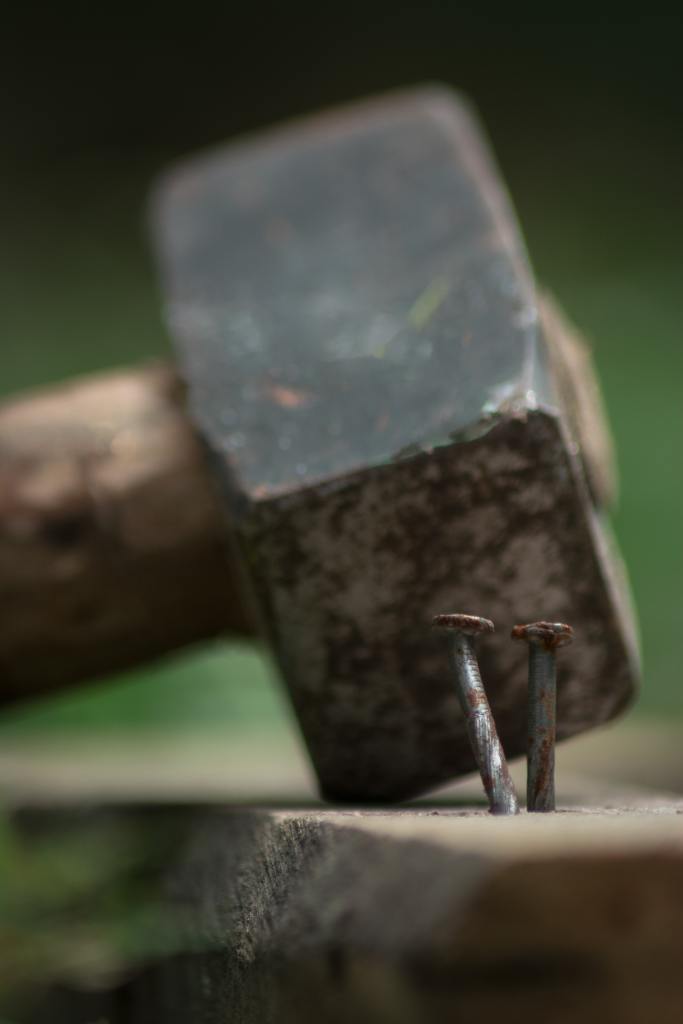
It is important for me to do the right thing for my patients. In order to do this I need to know them well enough to know what the right thing for them is. I have my own ideas but they might be completely wrong or completely against what they think is right for them. I have to be careful not to fall into the trap of thinking that I know better than the person themselves. They are the expert when it comes to themselves not me. They are the owners of their own lives and have been making decisions for themselves for the whole of their lives. They were not born yesterday, but in the case of palliative care patients, they might die tomorrow.
I look after patients but that does not mean I own them. They own themselves. Prior to meeting me they were fully grown adults, living their own lives, making their own choices, choosing their own destinies. My job is not to tell people what to do. My job is to find out what people need and to try to help them with it. If my set of professional and personal skills can help them meet their need then I can help them. If I don’t possess the skills they need from me then I will refer on to someone who does have those skills. It’s not about me, it’s about them.
It is disrespectful to treat people as if they are children when they are fully grown adults. I worry about some people who work in palliative care doing that, treating people as if they were babies. Incapable of making their own decisions, needing us to make decisions for them. This is the wrong thing. Taking on the role of a parent, but we are not our patient’s parents. How would we feel if we were treated like that? Disempowered, disrespected, dismissed?







